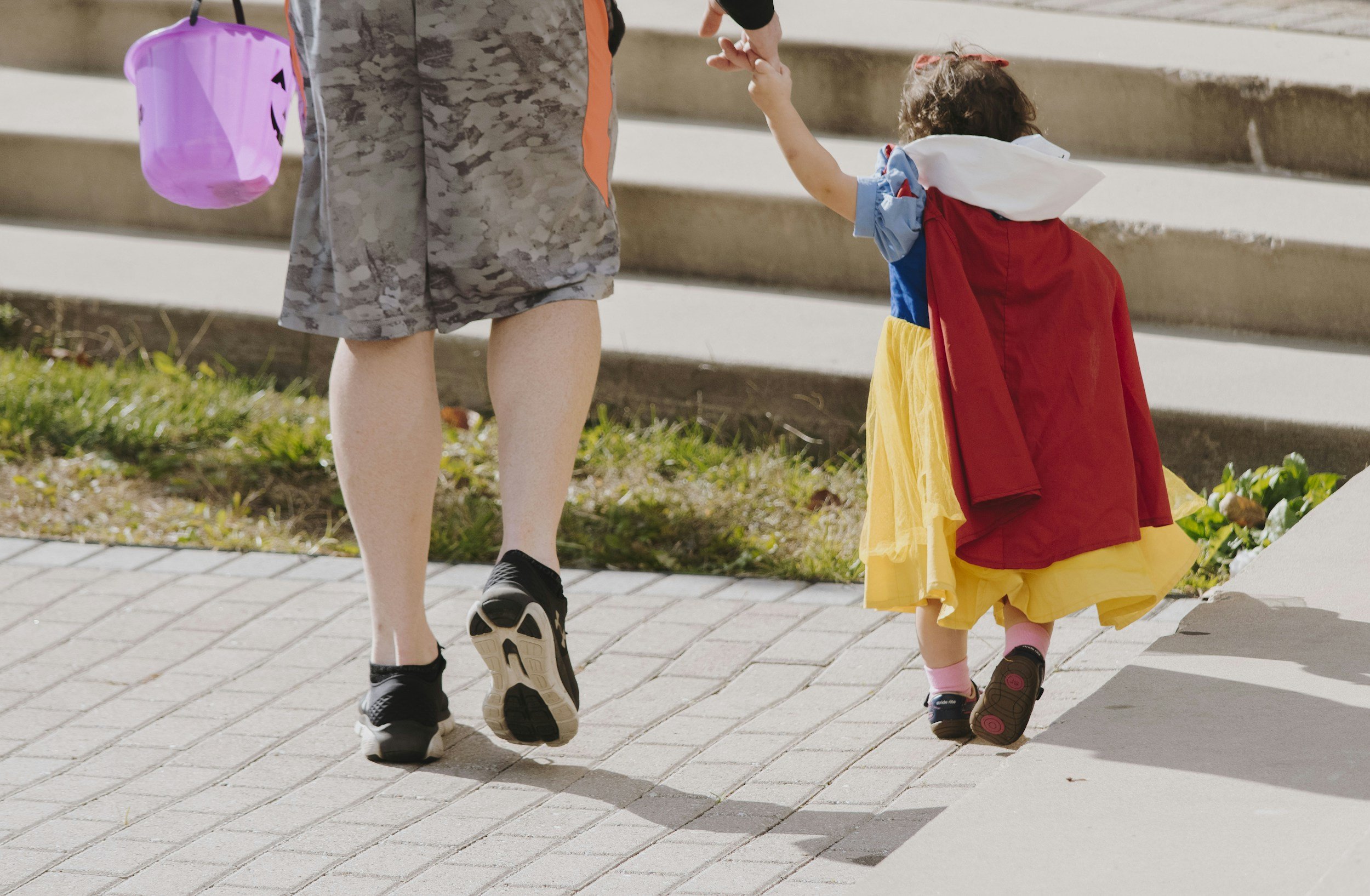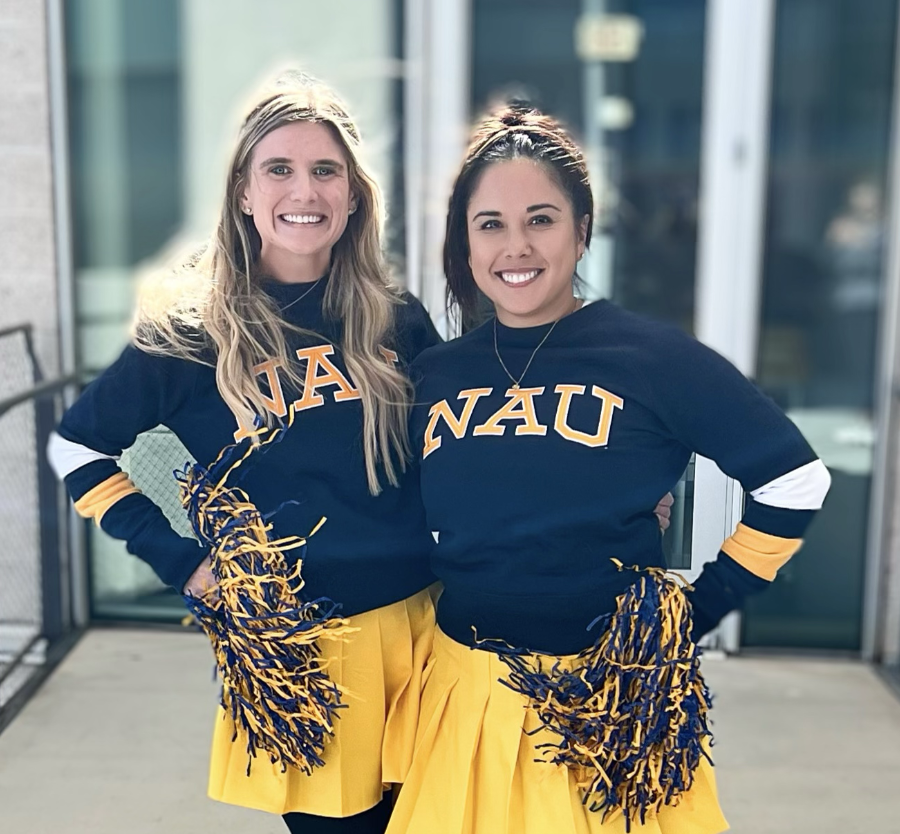A blog through the lens of @anotheradhdot. Unlocking insights for therapists, empowering parents, and elevating neurodivergent voices.
My Sensory Life Blog

Celebrating Pride Month & the Neurodivergent Community: Embracing Intersectionality
In honor of Pride Month, albeit on the very last day, this post explores the powerful intersection between neurodivergent and LGBTQIA+ identities. Using occupational therapy frameworks and research-backed mental health insights, learn how affirming care and inclusive spaces can support well-being, connection, and belonging.

Supporting Your Child’s Sensory Needs at Home
As a parent raising a neurodivergent child, you may have noticed that your child experiences the world in a unique way—whether through heightened or reduced sensory awareness, a need for movement, or a tendency to avoid certain textures, sounds, or lights. These sensory needs aren’t just preferences but are often tied to their neurodivergence, such as ADHD, autism, or sensory processing disorder (SPD). Understanding and supporting your child’s sensory needs at home is key to helping them feel safe, regulated, and empowered in their everyday life.

Supporting Autistic & ADHD Children During Halloween
For parents and teachers, Halloween can be both a time of excitement and anxiety for neurodivergent children. While many kids enjoy the costumes, decorations, and trick-or-treating, for neurodivergent (Autistic, ADHD) children, these experiences may present a variety of challenges, including sensory overload, changes in routine, and emotional dysregulation. As a pediatric occupational therapist with advanced training in neurodivergence and trauma-informed care, and sensory-sensitive person myself, I want to share some tips to help support children through this holiday while ensuring that it’s a positive experience for everyone. This post includes common challenges and helpful strategies to make halloween a positive experience for the whole family.

Navigating Halloween as a Neurodivergent Teen or Adult
Halloween can be an exciting time, filled with costumes, social events, and traditions. However, for neurodivergent teens and adults, Halloween may also bring about challenges that go unnoticed by neurotypical individuals. As an ADHD occupational therapist and neurodivergent person myself, I understand how overwhelming this time of year can be. I struggle with certain fabric textures, so wear the same costume every year (Hi- I’m that 30-something year old dressed as a cheerleader, again, and often worry about having fun at holiday parties or saying the wrong thing. I find myself staying up late to script conversations and create "contingency plans" to cope with any disappointments if the day doesn't go as I envisioned. From sensory overload to anxiety, many aspects of Halloween can impact mental and physical well-being. The good news is that there are ways to navigate this holiday while honoring your unique neurodivergent needs.

Neurodiversity in the OT Profession: Embracing and Supporting Neurodivergent Therapists
As occupational therapists, we often work with neurodivergent individuals—whether they be clients with autism, ADHD, or other neurodivergence. Therefore, having neurodivergent practitioners in our ranks offers a unique strength: the lived experience that can deeply inform and enhance the quality of therapy we provide. This personal insight makes neurodivergent OTs especially well-equipped to practice with empathy, adaptability, and a nuanced understanding of their clients' challenges.

Understanding and Embracing Your Neurodivergence
Being neurodivergent might sometimes make you feel like you're standing out or struggling in environments designed for neurotypical brains. But guess what? Standing out isn’t a bad thing. Some of the most innovative minds are neurodivergent—people like Steve Jobs and Simone Biles thrive by embracing how their brains work. Check out this post to learn more about how you can, too.









